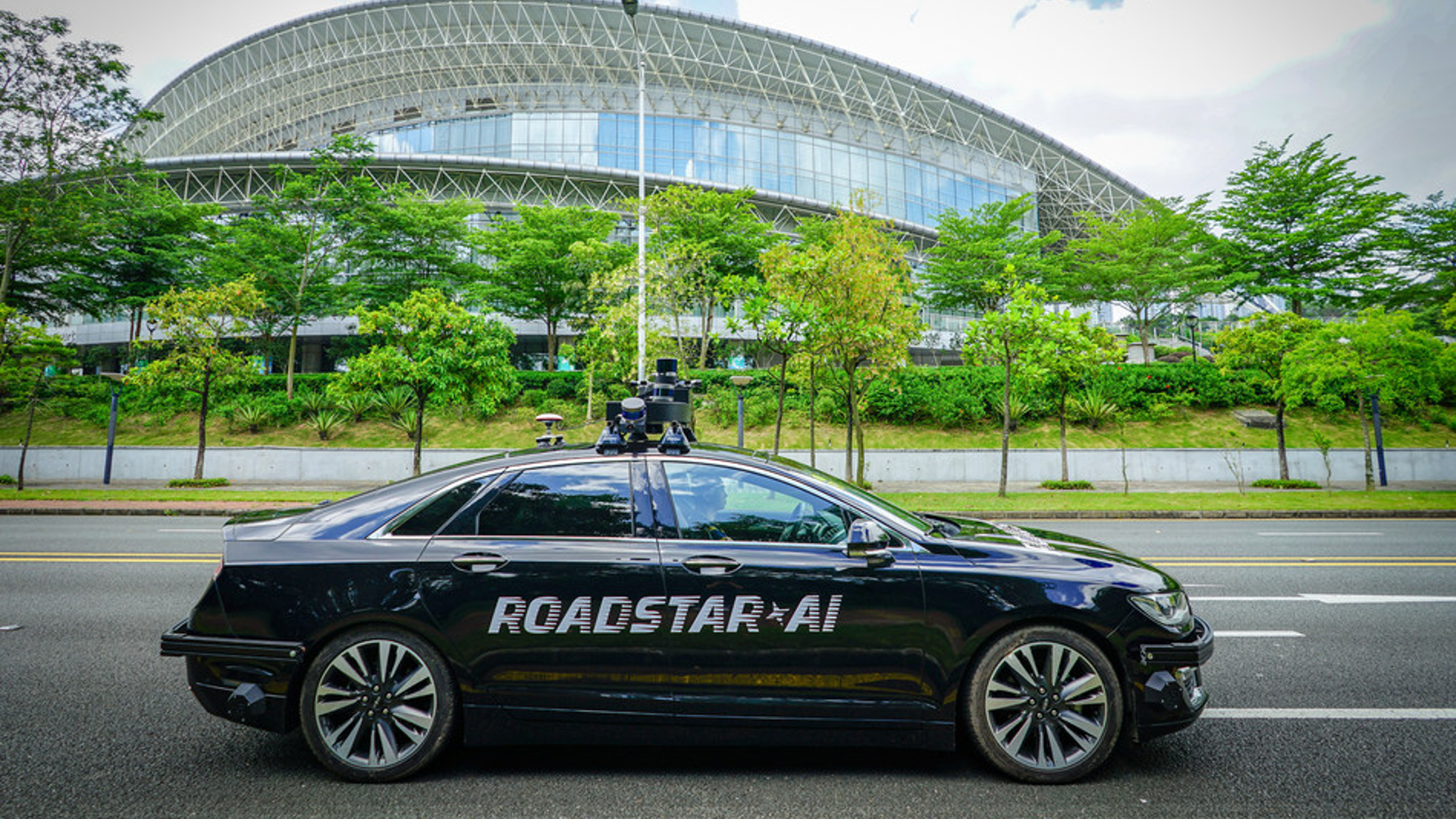

The Drive’s Alex Roy likes to ask who the “Theranos of self-driving cars” is, and now we might have an answer… as well as one of the defining stories of the great autonomous drive technology “trough of disillusionment.”
Less than one year ago, Roadstar.ai raised $138 million from the likes of Shenzen Venture Capital Group, Wu Capital, Yunqi Partners and others to build a test fleet, collect data, and develop autonomous drive systems. Now, the unthinkable has happened: co-founder and former CTO Zhou Gang has reportedly been booted from the company amid allegations that he took kickbacks from investors, and faked data both for internal reporting and for a government regulatory report.
Zhou’s co-founders made the allegations against him via the company’s WeChat account, which Sina.com reports as
1. Long-term non-compliance with the company’s internal code management rules and regulations, privately open the code library private drawings, deliberately do not upload the code and repeatedly teach, in the process of project delivery, the partner found its technical report with the private code and file fraud, Seriously affect the company’s reputation and project delivery progress;
2. Deliberately fraudulent data in a government regulatory report, discovered by third-party agencies, has a serious impact on the company’s reputation;
3. Take the lead in destroying the internal financial rules and regulations of the company, and there is a phenomenon of fake public and private. In the A round of financing, use their own classmates to receive kickbacks.
Roadstar.ai’s WeChat, via Sina.com
Guang was reportedly in Japan for the Tokyo Motor Show when the announcement was made, and at least one investor released a statement saying Zhou’s dismissal was “detrimental to the core interests of the comany and shareholders, and violated the relevant agreement with investors.” Investors have confirmed that they were unaware of Zhou’s ouster, and Zhou’s staff released a statement saying “the problem has already touched the legal level.”
There are reports of ongoing battles between Zhou and his two other co-founders, former head of maps and localization for Baidu Yan Xianqiao and former technical lead for sensing at Baidu Liang Heng. Yan and Liang told Tech Sina (via Pandaily):
“Back then, we were all friends at Baidu Research Institute USA, and we didn’t care much about it. However, his (Zhou) shortages are exposed when it comes to conflicts of major interests in the long term.”
Tech Sina, via Pandaily.com
Founded in 2017, Roadstar was packed with talent and ambition, with core team members coming from self-driving efforts at Apple, Tesla, NVIDIA and Baidu. Now-disgraced co-founder Zhou Gang went straight from earning his PhD to Baidu’s Silicon Valley R&D center, but left quickly to start Roadstar according to an interview with Sina.com. Sina notes that “Roadstar.ai can be said to be a microcosm of arrogant arrogance in China in the past year,” quoting Zhou as explaining his departure from Baidu
There are three reasons. On the one hand, I always know that my skill points are especially suitable for starting a business. I have participated in robot competitions, Olympic competitions since high school, won many world gold medals, and won many authoritative awards in physics and computer competitions. My undergraduate course in the Tsinghua Basic Science Class, and I also read the artificial intelligence PhD during my Ph.D., I think that I am very good at all disciplines. In fact, entrepreneurs need talents who are proficient in all aspects.
In the second aspect, my character belongs to the kind that is particularly aggressive and hardworking. At the beginning of school, many teachers and friends commented that I was suitable for starting a business. The impression was that a professor from UC Berkeley (University of California, Berkeley) told me that many graduates of Stanford finally went on the road to entrepreneurship, my character. It is very similar to them. The third aspect was that when I graduated, I entered Baidu Meiyan. Although it was less than a year, I already felt that in the environment of Shibuya, many people entered the big company to “support the elderly.” This kind of atmosphere is not my habit, I like to keep myself in a very efficient state.
Zhou Gang, former founder of Roadstar.ai
Zhou describes feeling unable to live up to his potential at Baidu, and at the beginning of 2018 he says that “because some of my friends had successfully financed, they formed a relatively large psychological pressure on us.” This precipitated Roadstar’s return to China, where Zhou says road testing is more challenging but more meaningful. This led to the company’s $128 million Series A, which one investor called “the biggest in the autonomous driving industry” and made Roadstar “the highest valued start-up in the autonomous driving sector in China.”
Roadstar claimed more than 60,000 miles of public road testing in the US and China, which it touted as giving it “proprietary algorithms for dealing with complex traffic conditions in China from the outset.” The company also claimed to have developed an in-house simulation solution that is presented as a rival to Waymo’s CarCraft, a pair of sensor fusion technologies called HeteroSync and DeepFusion, an “HD RealityMaps” product touted as “providing a 360-degree VR-like vision,” an “Aries·Rui” all-weather Level 4 self-driving system using locally-produced lidar, a “modular” Level 4 system called “Leo·Ling” that the company said “is close to a mature commercial product,” and even promised to produce 1,500 unmanned vehicles in 2020.
Roadstar won
awards in China, including CES Asia’s Best Startup of 2018. The firm was listed as a “top self-driving startup” by Crunchbase, a “company to watch” by Axios, and a “startup that [is] expected to play a role in developing the diverse ecosystem of autonomous vehicles” by the NY Times. The company even signed a strategic cooperation agreement with Shanghai Lingang District, that would make the company a neighbor of Tesla’s first Chinese factory and “promote the development of China’s first unmanned fleet commercial operation project.”